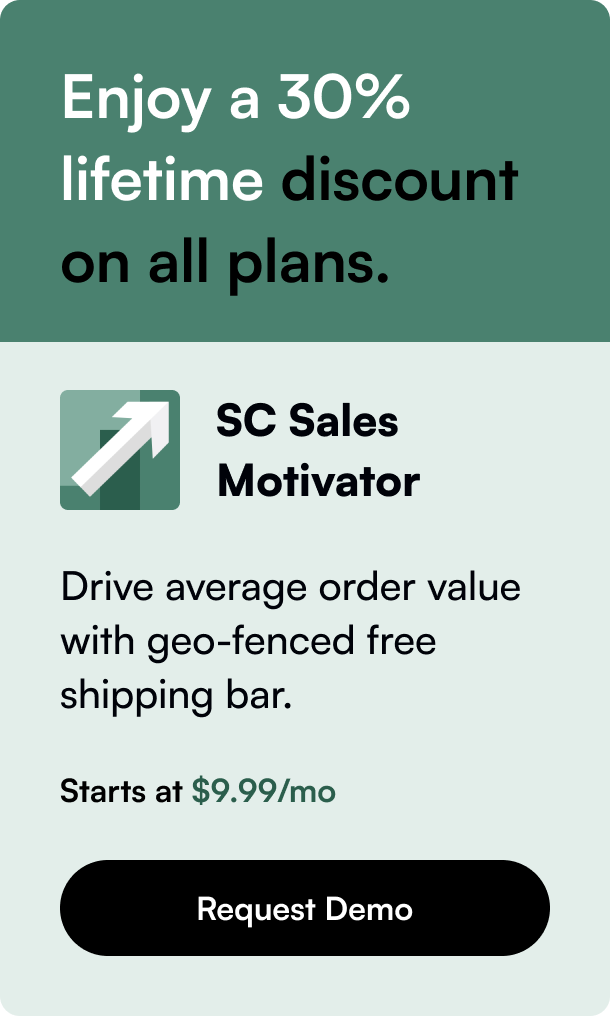Table of Contents
- Introduction
- Uncovering Product Gems: Where to Begin
- Diving Deeper: Strategies for Product Discovery
- FAQs on Finding Products to Sell on Shopify
- Conclusion
Have you ever dreamed of starting your own online store but found yourself stuck at the very first step: deciding what to sell? You're not alone. Choosing products to sell is a crucial decision that can make or break your business. However, with the right information and resources, this daunting task can become an exciting journey toward building a successful Shopify store.
Introduction
In the sea of ecommerce, Shopify stands out as a lighthouse for entrepreneurs eager to cast their nets. Yet, even with the best tools at hand, one question often leaves many adrift: "Where do you get products to sell on Shopify?" This article is your compass, aimed at navigating you through the turbulent waters of product sourcing to the treasure trove of items your customers will love.
From dropshipping to wholesale purchasing, from niche markets to trending items, we will explore diverse avenues to uncover products that not only resonate with your target audience but also promise profitability. So, set sail with us as we embark on this voyage, equipping you with the knowledge and strategies essential for a thriving online store.
Uncovering Product Gems: Where to Begin
Leveraging Dropshipping for an Inventory-Free Approach
Dropshipping has revolutionized how entrepreneurs launch online stores without upfront inventory investment. Platforms like Oberlo, AliExpress, and Printful seamlessly integrate with Shopify, offering millions of products across various categories. This model allows you to focus on marketing and customer service, while your supplier handles storage, packaging, and shipping.
Wholesalers and Direct Manufacturers: Building Your Inventory
For those preferring control over their inventory, partnering with wholesalers and manufacturers presents a lucrative path. Websites like Alibaba and ThomasNet connect you to a global network of suppliers offering competitive prices for bulk purchases. This method requires more initial capital and storage space but offers higher profit margins through direct selling.
Exploring Niche Markets for Unique Finds
Carving out a niche in the ecommerce landscape can set your Shopify store apart. Use tools like Google Trends and social media platforms to identify underserved segments or emerging interests. Whether it's eco-friendly products, handmade crafts, or innovative tech gadgets, specializing in a niche can attract a dedicated customer base.
Capitalizing on Trends: Staying Ahead of the Curve
Trendspotting is both an art and a science, crucial for ecommerce success. Subscribe to trend forecasting reports, follow influencers in your industry, and monitor platforms like Pinterest and Instagram. While trend-based products can offer quick wins, they may also entail faster market saturation, so balance is key.
Diving Deeper: Strategies for Product Discovery
Engage with Your Target Audience
Understanding your customers' needs and preferences is invaluable. Engage with them through social media polls, surveys, or focus groups. Their feedback can guide your product selection, ensuring you offer items that meet their desires and solve their problems.
Analyze Competitor Success Stories
Learning from your competitors can provide insights into what products sell well. Analyze their best-sellers, marketing strategies, and customer reviews. However, instead of simply mimicking their selection, use this knowledge to differentiate your store and add value through unique offerings or superior service.
Harness the Power of AI and Analytics
Artificial intelligence (AI) tools and analytics platforms can unearth hidden opportunities within vast data. These technologies can help identify patterns, predict trends, and suggest products based on consumer behavior, significantly reducing the guesswork in product selection.
FAQs on Finding Products to Sell on Shopify
Q: How do I know if a product will sell well on my Shopify store? A: Conduct market research to understand demand, competition, and profitability. Tools like Google Keyword Planner, Shopify's own analytics, and social media insights can provide valuable data on potential product success.
Q: Should I focus on a wide range of products or specialize in a niche? A: Both strategies can be successful, but specializing in a niche often allows for a deeper connection with a specific target audience, potentially leading to higher customer loyalty and fewer direct competitors.
Q: How can I ensure the quality of the products I choose to sell? A: Order samples from potential suppliers to assess quality firsthand. Additionally, read supplier reviews and ratings, and establish clear communication to set your quality expectations.
Q: Is dropshipping or stocking inventory better for a Shopify store? A: The choice between dropshipping and stocking inventory depends on your business goals, budget, and preferences. Dropshipping offers a low-risk start with minimal upfront investment, while stocking inventory provides more control over your products and potentially higher margins.
Q: Can I sell handmade or custom-made products on Shopify? A: Absolutely. Shopify supports a wide range of business models, including those selling handmade or custom-made products. This approach can appeal to customers seeking unique, personalized items and can distinguish your store in the marketplace.
Conclusion
As we dock at the end of our journey, it's clear that the world of ecommerce offers boundless opportunities for those willing to explore. The avenues for sourcing products to sell on Shopify are as varied as the seas themselves, each with its unique challenges and treasures. Armed with the strategies and insights shared in this guide, you're now better prepared to embark on your own adventure in the world of online retail. Remember, the most successful Shopify stores are those that continually adapt, learn from their customers, and aren't afraid to chart new courses in pursuit of their entrepreneurial dreams. Go forth and conquer!








